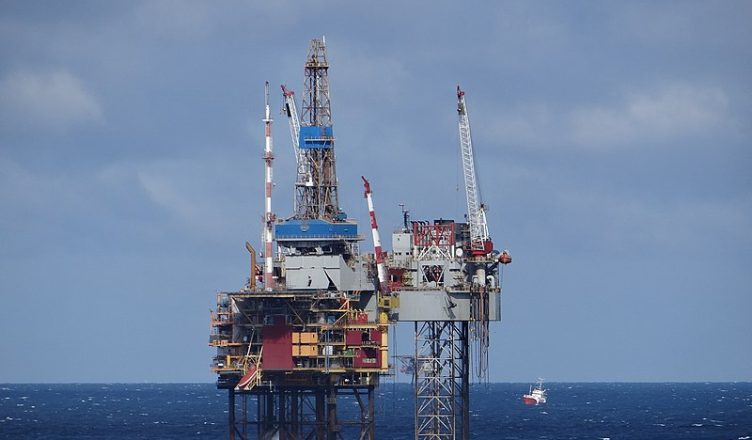Workers on oil rigs in the North Sea , who have been engaged in a number of strikes over the last year, which began with a series of wildcat strikes, again went on strike for 48 hours in the first week of June. This follows similar strikes in April and May.
850 workers in the Unite union employed by Stork and Sparrows struck on several rigs, accompanied by workers in the RMT union at Stork.
However initially 1,650 workers were due to take part in the strike. Unite failed to call for strike action on the rigs run by Bilfinger, claiming that negotiations were taking place. These negotiations failed to show any result.
When oil rig workers came out on strike last year in wildcat strikes they were united. Initially technicians, crew, scaffolders, and other skilled rig workers acted together. Official union involvement by Unite and RMT have in fact led to the actions being ensnared in separate negotiations with no united strike action. Instead of increasing the intensity of strike action in a united way the unions have tranquilised the struggle. Unless workers take grassroots action that unites them across these artificial union barriers then the strikes will end in defeat.
The strikes have been over pay and conditions, including over rotas, especially over onshore leave. Workers are forced to work three weeks on, three weeks off, which they detest. Workers were demanding an increase above the pay rate set by the Energy Services Agreement (ESA) for 2022. This was meant to rise by 4% but has not been paid. In addition, on some rigs workers must be prepared to work at any time for no additional pay.
The oil rig companies are making huge profits. BP trousered £23 billion in 2022 whilst Shell poured £32 billion into its coffers. TotalEnergies grabbed £16.4 billion in profits.
This is a stark case of capitalist greed where health and safety is flouted and a failure to agree to wage rises has led to an actual wage cut of £7,000 on average for oil workers, who are in one of the most unsafe and dangerous industries.
As more and more workers are forced by necessity to take industrial action, it becomes ever more necessary to create new forms of organisation. These should enable effective and unified struggle, bypassing the union bureaucrats and going beyond the trade unions.

